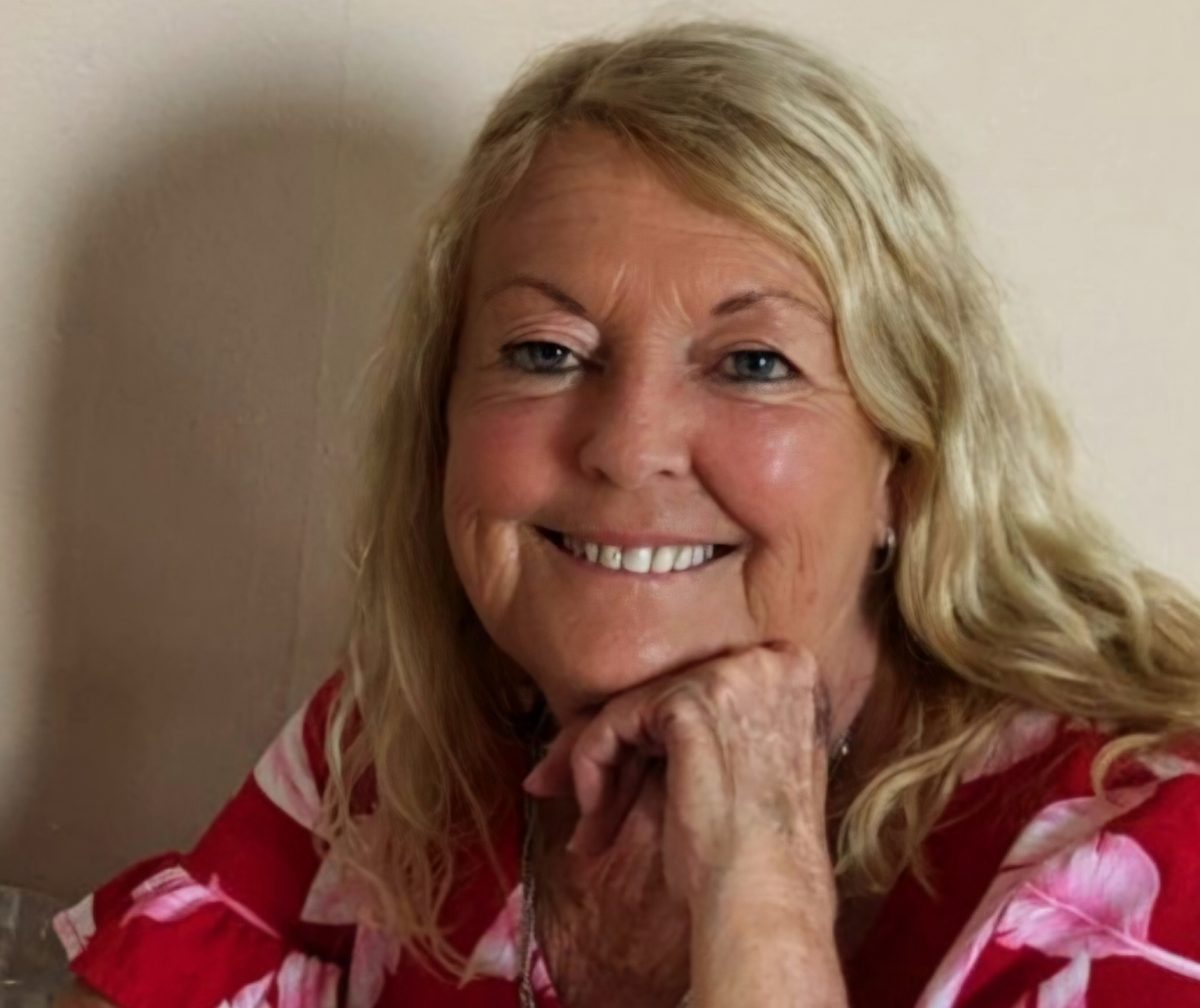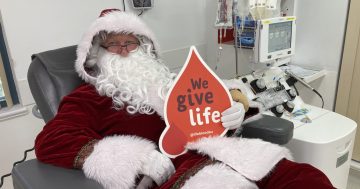
Donna Ford is one of 13,000 Australians who depend on the kindness of plasma donors to maintain their health. Photo: Donna Ford.
Having spent a lot more time in the sick bay, at home or hospital than her friends and family, Illawarra woman Donna Ford knew from a young age that she was a bit different.
She contracted rubella several times in her life, and with no immune response to childhood immunisations, when she contracted varicella (chickenpox) in 2019, medical professionals struggled to identify it.
“It didn’t at all resemble chickenpox – the lesions looked more like cigarette burns,” she says. “Finally a dermatologist took a biopsy and found out what it was. I still have the scars.”
Donna’s allergies were also off the charts.
“It was one thing after another, and I just didn’t understand what was going on.”
Her parents worried, her doctors scratched their heads, but it wasn’t until well into her adult life that the science caught up and Donna got her diagnosis – hypogammaglobulinemia.
It’s a mouthful, but in a nutshell the disorder is caused by low serum immunoglobulin or antibody levels – the main components of the immune response. This meant Donna’s body couldn’t recognise antigens and therefore wouldn’t trigger the biological response needed to eradicate the source of infection.
The most effective treatment is immunoglobulin replacement therapy (IRT) – an infusion of plasma that offers safeguarding through its disease-fighting antibodies, which effectively shield against a variety of infections.
One in 10,000 people are estimated to be impacted by primary immunodeficiencies and depend on the kindness and dedication of plasma donors to maintain their health. About 13,300 Aussies have the treatment every month, and it takes 130 plasma donations to treat one person.
“I know when I’m due my treatment, and not only because I get it every 28 days. The best way to describe it is that within a couple of days of having it, I feel like a flower that’s been watered and is blossoming having gone thirsty for so long,” Donna says.
“There was one period where I couldn’t have it because I developed deep vein thrombosis. In those six months I had three hospitalisations due to pneumonia.”
In recognition of International Plasma Awareness Week, Immune Deficiencies Foundation Australia (IDFA) is joining forces with Lifeblood Australia to host a “Plasma Party” at the Wollongong donor centre tomorrow.
This kicks off IDFA’s campaign of Plasma Parties hosted across the country, highlighting the important need for plasma donations.
The events aim to bring the community together and highlight the importance of donations. Donors will have the opportunity to meet a recipient and hear firsthand the impact their donation has made on other people’s lives.
“The treatments have made such a difference in my life. I would say my infections have reduced by 80 per cent … I manage a medical centre in Thirroul, and this allows me to go to work at the job I love,” Donna says.
“For me being part of the host team at the Plasma Party is a fantastic opportunity. Whenever anybody mentions they’ve donated blood on social media, I always say thank you because I sincerely mean it. This will be face-to-face, and that will be so special.”
You’re invited to join the Plasma Party on Tuesday 1 October, from 10 am to 2 pm at Lifeblood Wollongong, 1/45-53 Kembla Street, Wollongong. Attendees are encouraged to wear yellow to help raise awareness and show support. Download the Lifeblood app Donate Blood, create your profile and schedule your appointment to participate, or if you’re unable to donate, come along to show support, meet members and enjoy coffee and cake.












